The Art of Transition Symposium in Yangon was a significant event in the unfolding drive towards democracy in Burma, providing a public platform to discuss how changing political and social conditions are affecting artistic freedoms.
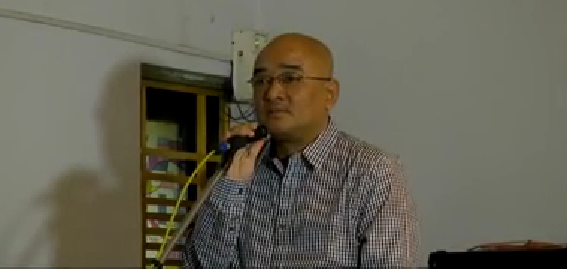

The Art of Transition Symposium in Yangon was a significant event in the unfolding drive towards democracy in Burma, providing a public platform to discuss how changing political and social conditions are affecting artistic freedoms.
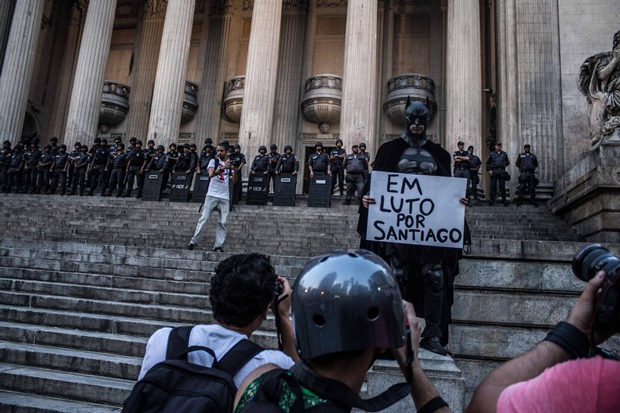
The death of Santiago Andrade on 10 February, a cameraman for Brazil’s Bandeirantes Network, from injuries suffered while filming a Rio de Janeiro transport price protest has shocked the country, writes Simone Marques
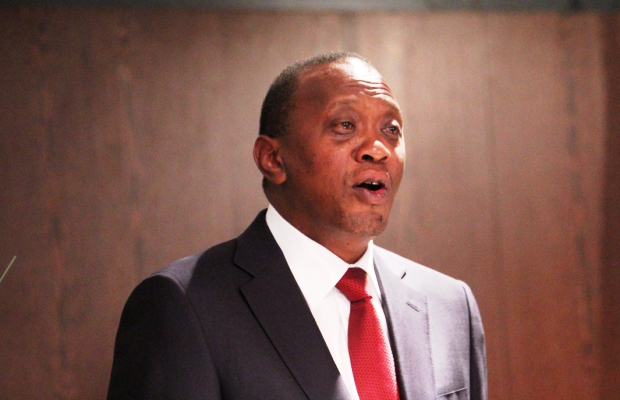
While testing Kenya’s eagerness to confront the legacy of 2007 these cases offer up a further test; the ability of Kenya’s media institutions, journalists and citizens to freely interrogate the proceedings. Nik Williams reports
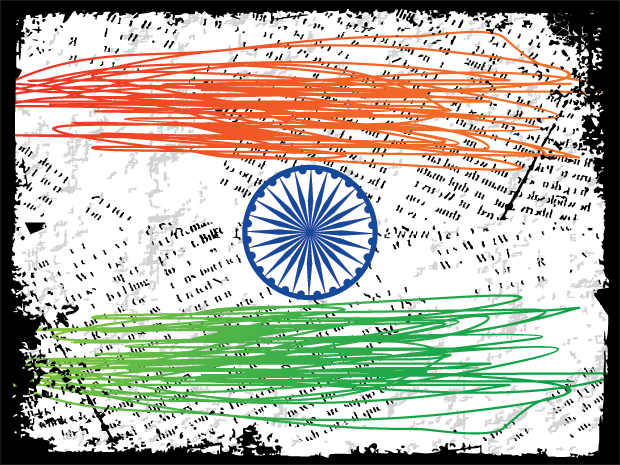
Court’s gag order in sexual harassment case is an assault on freedom of the press, says Saurav Datta
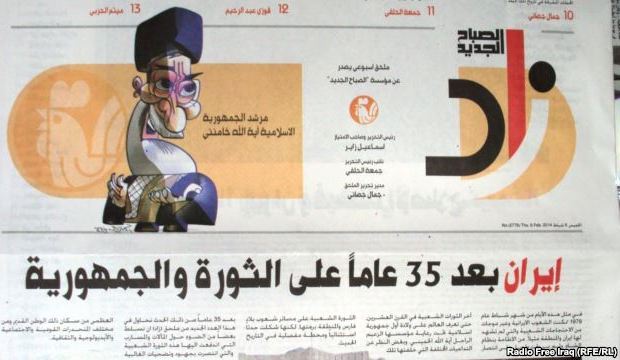
Al-Sabah Al-Jadeed has fought for its independence for 10 years. It needs solidarity now more than ever, says Anneke van Ammelrooy
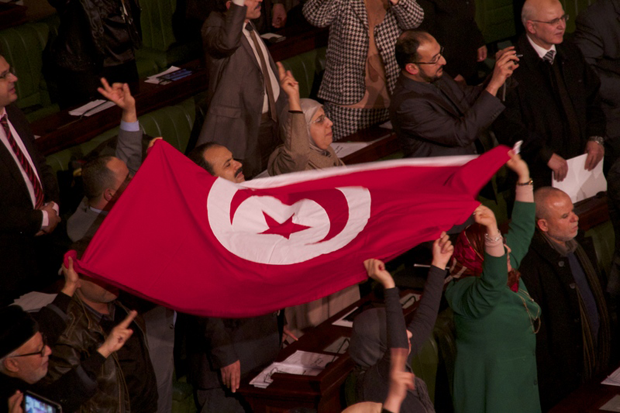
Tunisia made a major stride by adopting a new constitution. However, the long road to reform is far from over as the authorities should amend or abolish all repressive laws of the dictatorship era. Afef Abrougui reports

The banning of a poster depicting the Flying Spaghetti Monster as God is the latest attempt by UK student unions to crack-down on the free speech of students
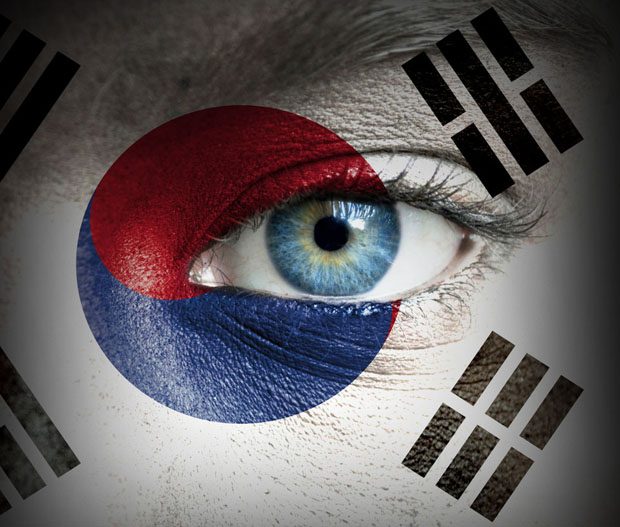
Last year saw 103 people — the highest number in a decade — charged under the controversial National Security Law, labelled “seriously problematic for the exercise of freedom of expression”. Steven Borowiec reports

The ratification of Tunisia’s new constitution undoubtedly marks an important victory, but a recent attack on journalists has raised concerns. Mary Atkinson reports
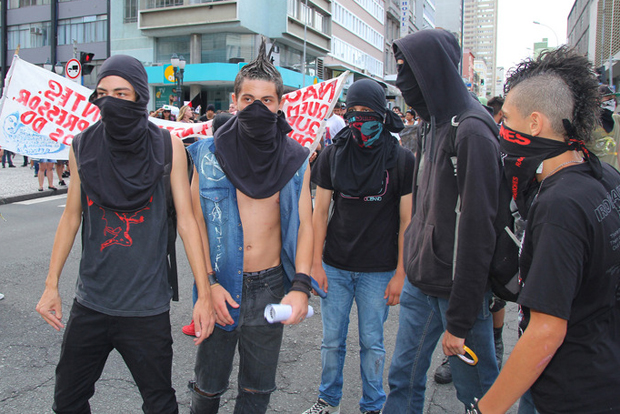
Right at the heart of Brazil’s 2013 mass protests was a feeling of alienation and exclusion from the decision making process for the preparations of the 2014 World Cup. Jack Gilbert reports